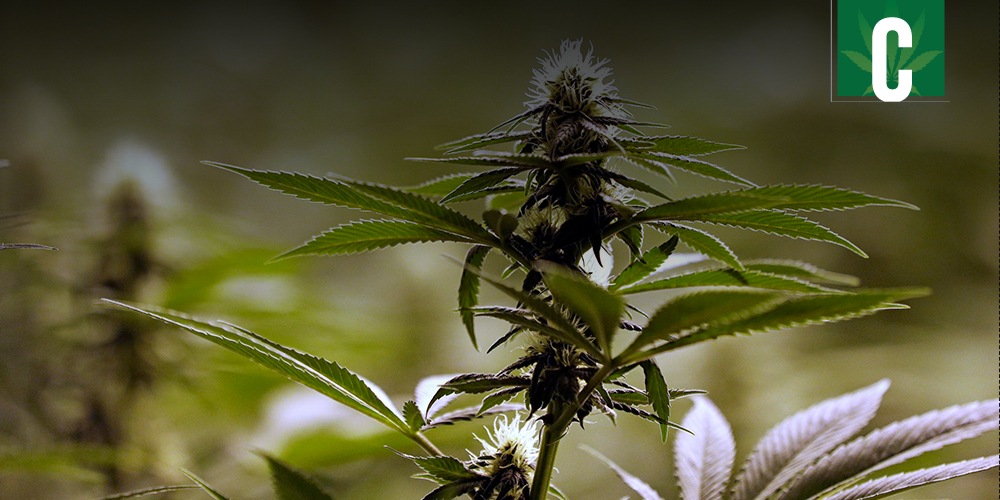Marijuana policy reformers in California say they weren’t in the least surprised by the DEA’s decision to leave the drug in schedule 1 of the Controlled Substances Act, a category of substances deemed more dangerous, more addictive, and less medically useful than cocaine and methamphetamine.
“We’re not shocked at this,” said Nate Bradley, executive director of the California Cannabis Industry Association. “It’s in the DEA’s best interest to keep marijuana a schedule 1 drug, it’s the majority of what they do.”
Opponents of legalization, not surprisingly, saw the agency’s announcement as good news for the Golden State.
“They confirmed that our medicines are based on science and not on the popular vote,” said Carla Lowe, founder of the California branch of Citizens Against Legalizing Marijuana (CALM USA). Cannabis, Lowe said, “is highly addictive, highly potent, mind altering.”
Science points in opposite direction
Almost every credible scientific study has come to the opposite conclusion, but that wasn’t enough to move officials at the DEA. Activists were hopeful the agency would move to reschedule marijuana, but most realistic observers predicted otherwise.
The DEA has every reason to keep cannabis in schedule 1, along with heroin, LSD, and mescaline. Cannabis raids, from massive trafficking busts to low-level possession arrests, net the agency huge amounts of money through asset forfeiture, a legal loophole that allows law enforcement to seize and keep money from drug suspects, even when the suspects are fully cleared.
Voters will vote on AUMA in November
But Bradley said the announcement will backfire, leading Golden State voters to legalize marijuana on Election Day. The November ballot will include a question asking voters if they want to pass the Adult Use of Marijuana Act, officially titled Prop. 64.
 The AUMA “would create funding so schools could apply for grants to research how it grows, how it helps people,” he said. The DEA has long blocked all scientific research of cannabis and its medical benefits. Only studies of the drug’s alleged harms have been allowed.
The AUMA “would create funding so schools could apply for grants to research how it grows, how it helps people,” he said. The DEA has long blocked all scientific research of cannabis and its medical benefits. Only studies of the drug’s alleged harms have been allowed.
Not many reformers take the agency’s decision seriously, especially since the Obama administration announced just a day earlier that it would lift a major barrier to cannabis studies. The DEA cannot prevent that move, which could ultimately lead to full legalization at the federal level.
Increased supply of research cannabis
Until Obama’s announcement, scientists could obtain research samples only from a small marijuana farm in Mississippi. But the government will soon expand that supply to several new grow sites at universities across the country. The DEA has also agreed to work with researchers in a more collaborative approach.
“If Prop. 64 passes, it will allow schools here that are already doing research to get better grades of cannabis,” Bradley said. “It will actually allow them to grow it on site.”
Among other benefits, increased access to research pot will make it easier for scientists to get their hands on high-potency cannabis, which could be critical in studying how effective it is at treating certain medical disorders.
—
Let us know: How do you think the DEA’s decision not to reschedule marijuana will affect California stoners? Comment below.
 California Marijuana Market Breaking "Marijuana News" from CA
California Marijuana Market Breaking "Marijuana News" from CA





